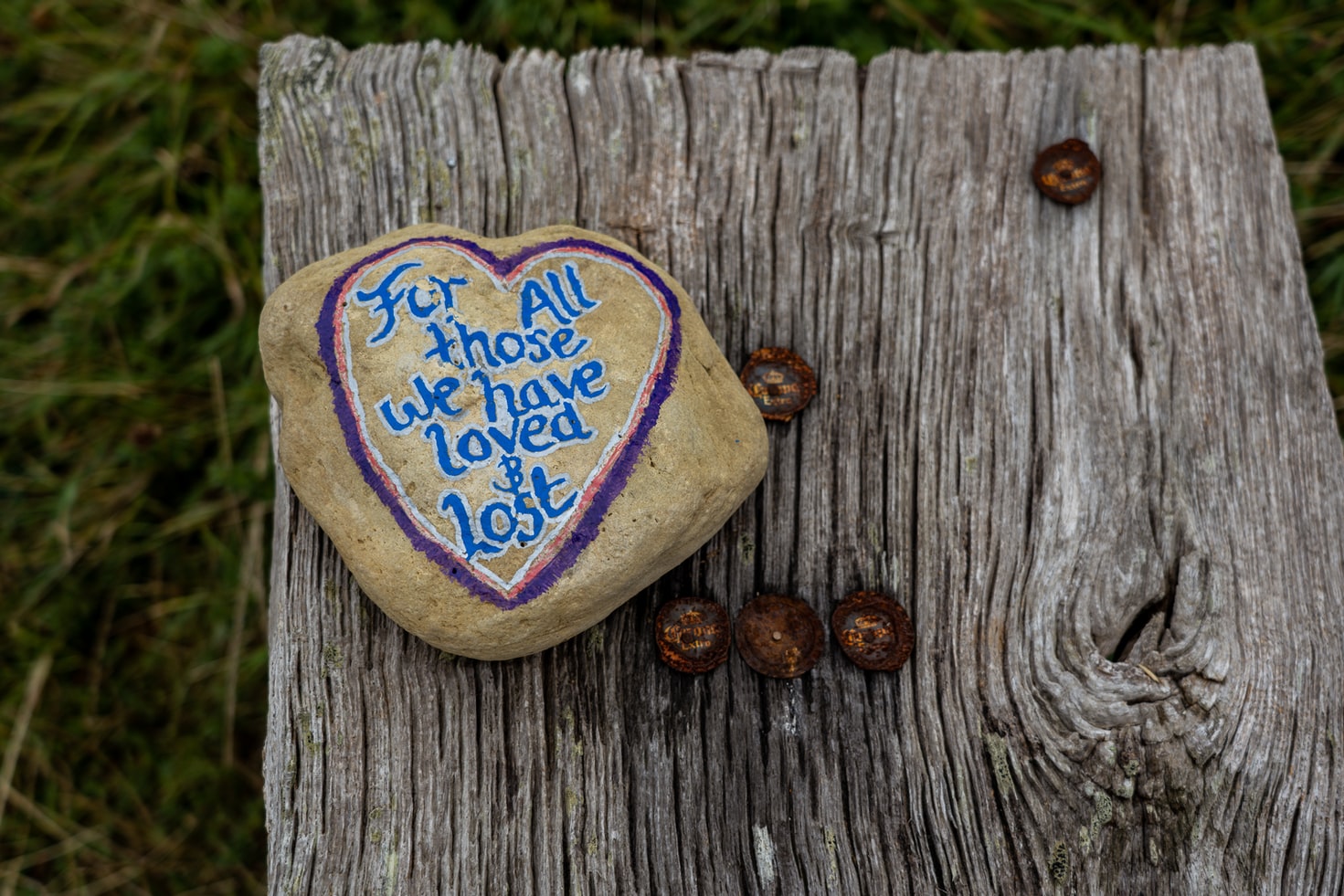Home > MIC Stories: School Mental Health Grief Readiness Pilot Lab & Series

MIC Stories (MHTTCs Implementing Change) feature technical assistance projects that had a significant impact on practice.
Mental health providers and school mental health champions in the Pacific Southwest region are constantly providing grief support in the field, though many are under-trained in grief response and recovery practices and some are experiencing their own grief.
Whether that grief is spurred by a death within our own organizations (e.g., the death of a colleague, the death of a colleague’s relative, friend, impactful person), the school community (e.g., the passing of a teacher, coach, administrator, or student), or a death just outside of it (e.g., in the family or friend networks of clients/students and staff), grief readiness is inherent in any conversation about creating emotionally and socially safe school environments or mental health organizations.
The Pacific Southwest MHTTC team is dedicated and funded to provide the mental health and school mental health workforces with evidence-based practices to support the field. For us, that is a call to action to also support those who are supporting, which in itself is evidence-based.
To address the need for evidence-based grief support in the mental health field, the Pacific Southwest MHTTC led a 6-week Grief Readiness Pilot Lab in Spring 2021 to guide school mental health practitioners to explore the topic of grief and develop Grief Readiness Plans. Then, informed by the pilot, the Pacific Southwest MHTTC offered a Grief Readiness Series for school and mental health leaders nationwide in the fall of 2021 to be purposefully timed before the end of year holiday season.
The Grief Readiness Pilot Lab was specifically for school mental health providers limited to the Pacific Southwest region. 25 people consistently engaged over six weeks. Participation ranged from 19 to 45 people from elementary schools, youth mental health programs and outreach, regional mental health agencies, school districts, Project AWARE student support services, and youth serving agencies.
The Grief Readiness Series included 79 participants (of which 43 were school mental health professionals) and was open to participants beyond school mental health and outside of the Pacific Southwest region.

The Grief Readiness programming was both created and hosted in collaboration with Workplace Resilience, a program of The Dinner Party, and advised by the National Center for School Crisis & Bereavement. Note: Workplace Resilience, an initiative of The Dinner Party, is a national non-profit and leader in peer-led collective grief care. Every staff person and member with The Dinner Party has lived experience with grief, life after loss, and working in grief-centered workplaces.
Grief Readiness Pilot Lab (April- May 2021):
We offered the Grief Readiness Pilot Lab to create a grief readiness body of learning along with school mental health leaders. In the lab, participants unpacked the following:
In 90-minute facilitated sessions over six weeks, participants experienced a combination of lecture, breakout group discussions, and peer presentations, sharing bereavement policies, grief sensitive management styles, and more.
After the lab, individualized coaching sessions were offered throughout the summer. We also offered a “refresher” session at the beginning of the school year to support integration and implementation.
Grief Readiness Series (November-December 2021):
The Grief Readiness Series was developed based on feedback from the pilot lab and included three 2-hour sessions clustered across 2 weeks around the fall holidays and offered an optional office hour for participants to come with questions, ideas, or connection needs.
Participants again experienced a combination of lecture, breakout group discussions, and peer presentations. Peer sharing was highly valued. As one school mental health participant shared at the end of the lab: “It was great to connect with people from all over the region and hear what's happening in different agencies/districts.”
We have created a write up of the learnings, teachings, and impact of both offerings, titled “Fostering Grief Ready Workplaces- A Starter Kit for Mental and School Mental Health Leadership” (March 2022). This starter kit showcases lessons learned from the lab and the series, voices of experience, and provides written guidance for implementation.

The output of the Grief Readiness Lab was to create an actionable and customized Grief Readiness Plan to be deployed in departments and organizations so that participants can better support the schools, staff, and students they serve. It became evident that participants were less interested in creating another plan (in addition to strategic plans, for example) and more interested in engaging in discussion, dialogue, and peer sharing about grief sensitive practices in the workplace.
Other obstacles included the challenge of creating a program intended to train managers, supervisors, and administrators to enhance individual and workplace grief sensitivity during a time when many participants either wanted to process their own acute grief and / or wanted training in how to intervene / be grief responsive to students and clients. An additional challenge was the tension between individual participants attending and not feeling efficacious to bring back their learning to a team, department, or agency. Lastly, participants voiced Zoom fatigue as a challenge for authentic participation.
We conducted an evaluation of our participants to determine their involvement, level of learning, and satisfaction with the programming. A few select excerpts from the evaluations include:
How did this Lab shift your understanding of Grief Readiness in your workplace?
What did you learn during this Lab? What did you learn from your colleagues during this Lab?
What is one individual commitment you're making? What is one team-based commitment you are making?
The Pacific Southwest MHTTC continues to be committed to centering grief readiness in programming to provide culturally responsive, humble, and timely supports to school mental health champions who are experiencing grief personally and professionally. We believe that by doing so, we support workforce retention efforts, evidence-based practices, implementation efficacy, and more.
There's an increasing need to develop infrastructure, policies, training, and awareness regarding grief sensitivity, not just in how we support our students, but also how we support our workforce in schools.

The Pacific Southwest MHTTC, funded by the Substance Abuse and Mental Health Services Administration, is housed within the Center for Applied Research Solutions (CARS) and serves the priorities of SAMHSA Region 9 states and territories, including: Arizona, California, Hawaii, Nevada, and U.S. Pacific Islands of American Samoa, Guam, Marshall Islands, Northern Mariana Islands, Federated States of Micronesia, and Palau. The Pacific Southwest MHTTC offers a collaborative model to provide training, technical assistance (TTA), and resource dissemination that supports the mental health workforce to adopt and effectively implement evidence-based practices (EBPs) across the mental health continuum of care. The Pacific Southwest MHTTC also provides TTA and resources at a national level on specialty area focused on youth and young adults of transition age.